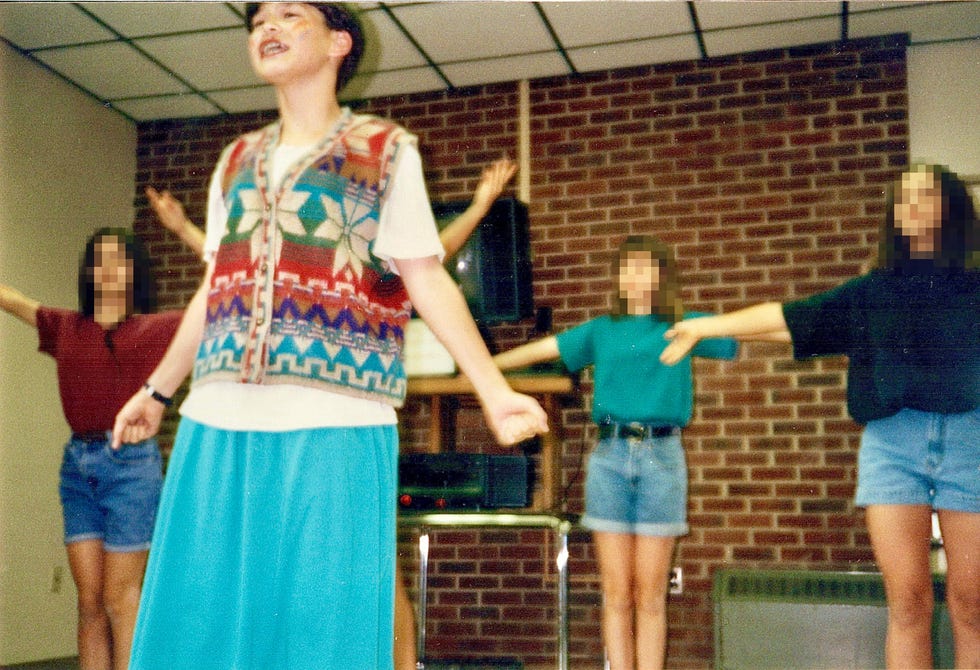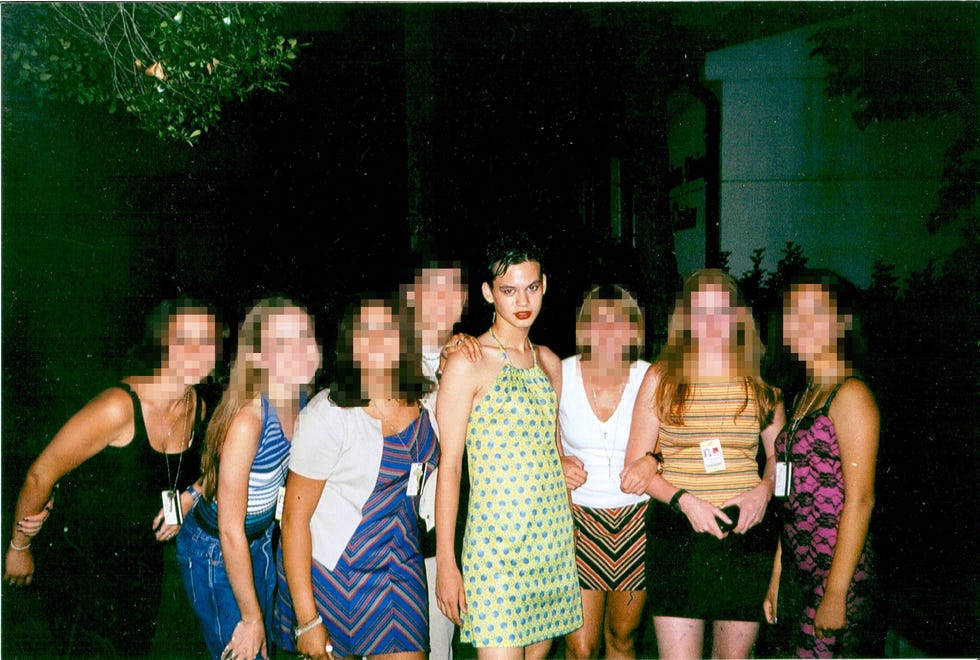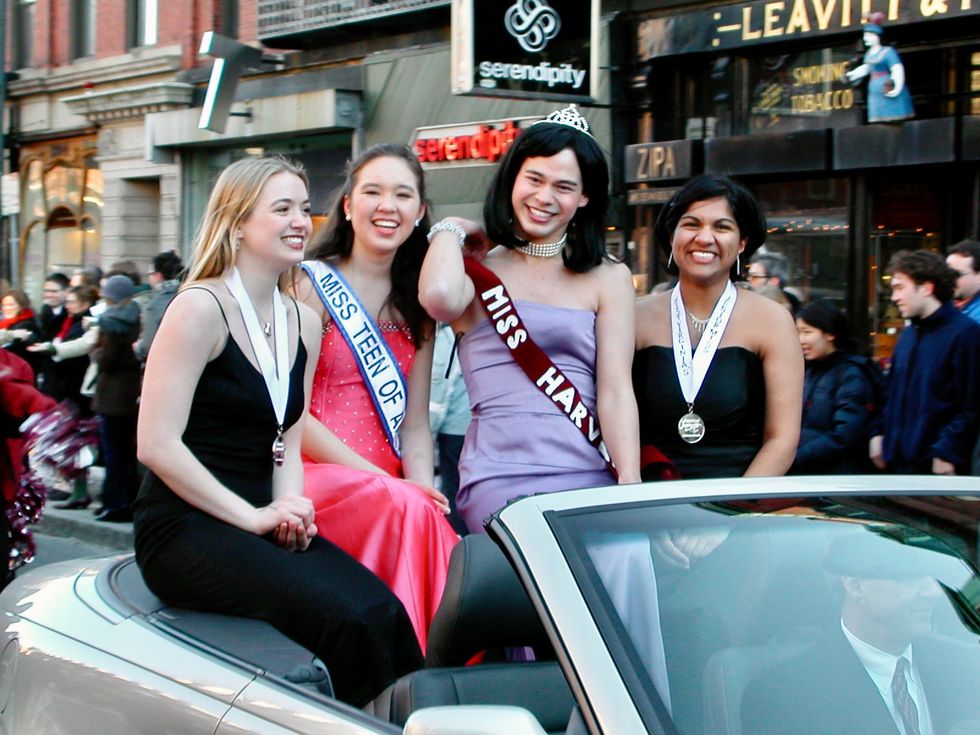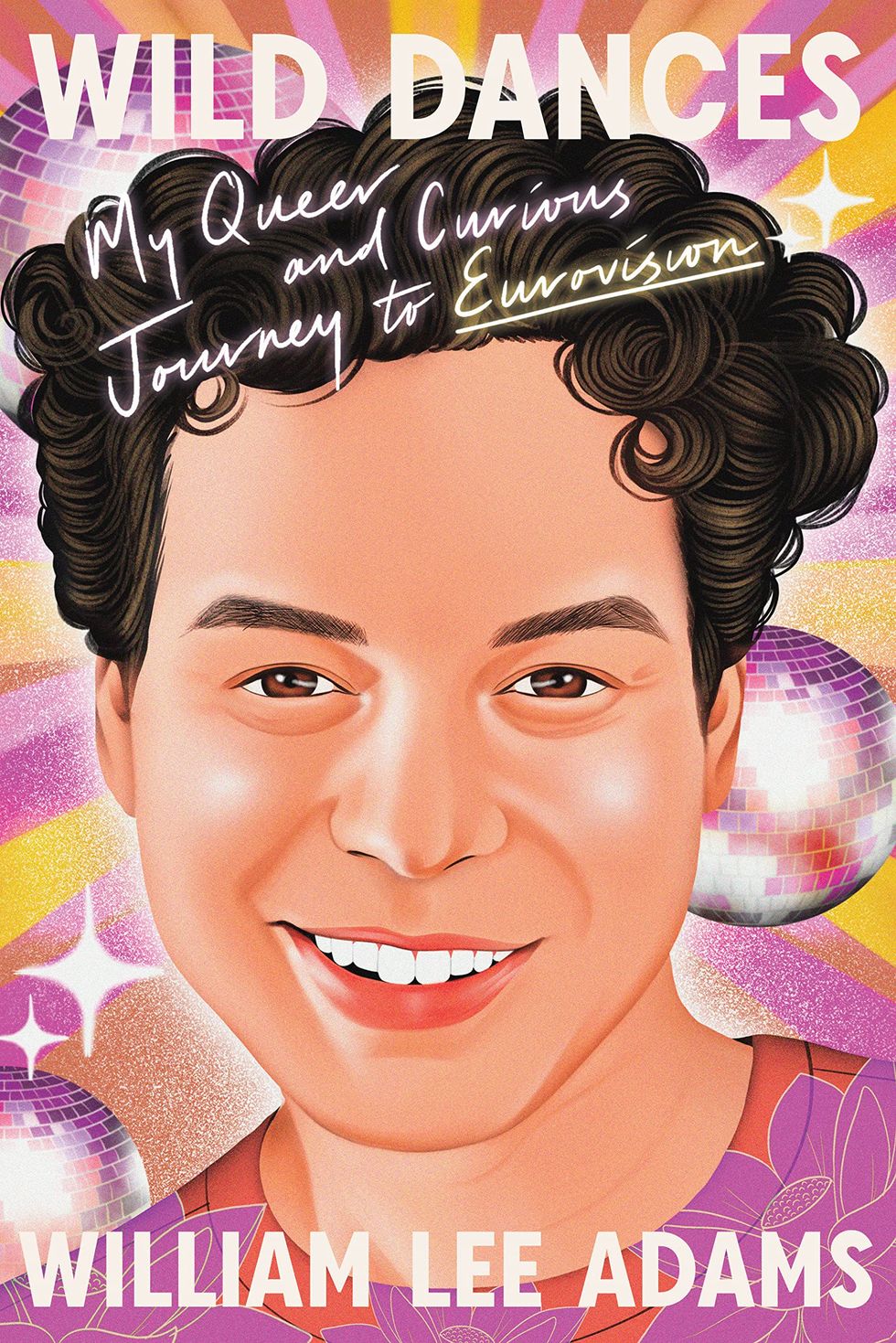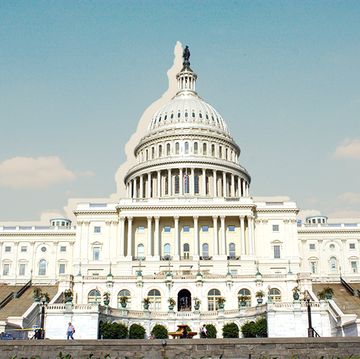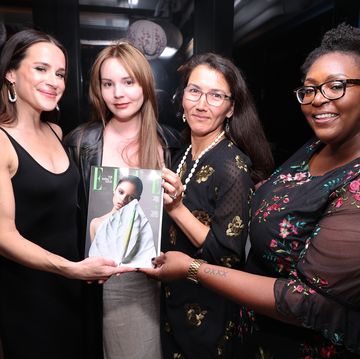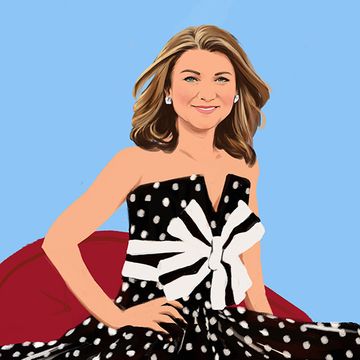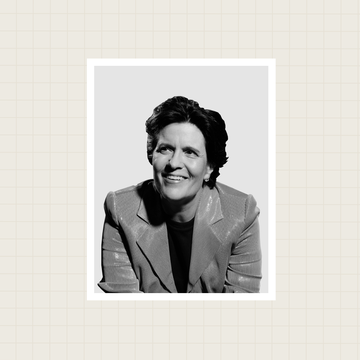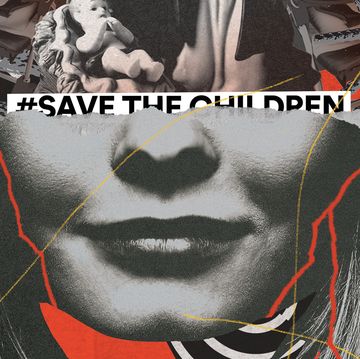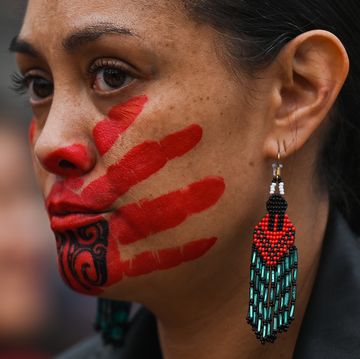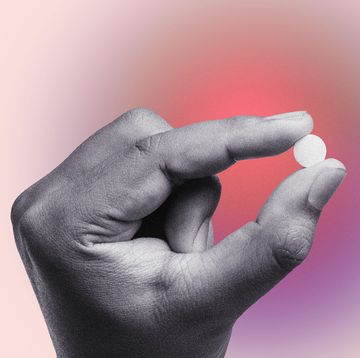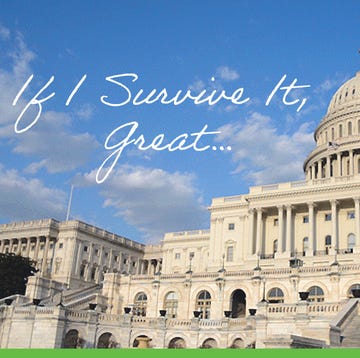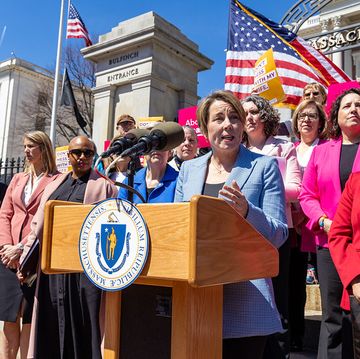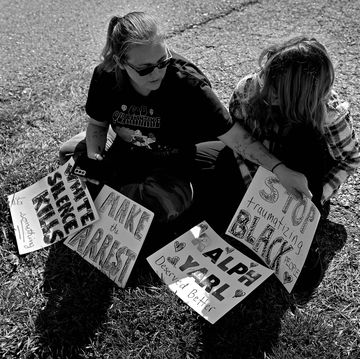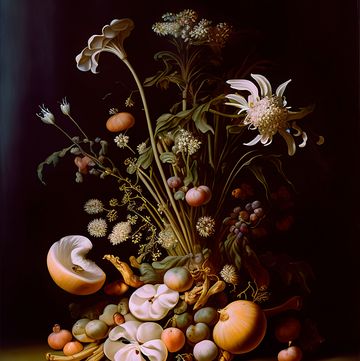I am not a professional drag performer. I haven’t competed on RuPaul’s Drag Race. And I’ve never hosted a drag story hour. I also lack the glamour and sewing skills of today’s polished queens who would, no doubt, read me for filth if they ever saw my past efforts to turn it out.
But you don’t have to make a living from drag to experience its power. Throughout my life — from elementary school in small-town Georgia to university in the more liberal Boston — I’ve turned to drag to boost my self-esteem and to pull myself out of a funk. In my darkest days, dancing in a dress offered a hit of serotonin and a reminder that I could survive and indeed thrive, even if the occasional naysayer rolled their eyes and whispered “disgusting” or “freak.” Drag didn’t save my life, but it did remind me of the possibility and joy that come with living boldly and freely. It encouraged me to unleash a more assertive version of myself, something that lingered when the clothes and leggings came off.
That’s why the recent news of bans and threats to drag are alarming — not just because of what it means for free speech in America, but because of what it means for the children who won’t be exposed to this centuries-old tradition, where self-expression and creativity reign. An outré costume, an exaggerated wig, a bit of make-up — drag queens use these and other tools to inject magic into the everyday, lifting spirits and bringing people together. They become real-life fairy godmothers who banish worries, if only for a few minutes.
Censors don’t see it that way. In March, Tennessee became the first state to ban drag performances on public property and any other location where children may see them. The bill cited “male or female impersonators” whose entertainment may appeal to “a prurient” — that is to say sexual — interest. This type of language positions drag as some sort of threat. But in stoking fears and misunderstanding, this inflammatory language ends up inciting actual menace. At the end of March, an Indiana bookstore had to close briefly after receiving a bomb threat over a planned drag story hour, while in Ohio, arsonists threw a Molotov cocktail through the window of a church ahead of a similar reading.
Legislators in more than a dozen other states have proposed similar bills. Alabama became the latest, on April 27, with the introduction of House Bill 401, which bans drag in public spaces where minors may be present. It also expands the definition of “sexual conduct” in the state’s obscenity code as it relates to minors to include “persons who are dressed in sexually revealing, exaggerated, or provocative clothing or costumes, or are stripping, or engaged in lewd or lascivious dancing, presentations, or activities, including but not limited to topless, go-go, or exotic dancers, or male or female impersonators, commonly known as drag queens or drag kings.” Critics have pointed out the law is so vague it could criminalize going to the beach.
As right-wing protestors label drag queens as pedophiles, and censor them as a threat to the family, it’s important to remember what we are depriving children of—whether they simply watch shows or feel inspired to dress up themselves—when we give in to the anti-drag demands.
I unlocked the power of drag early. As a kid, I had crippling anxiety and didn’t speak until I was six years old. Once in the third grade, I relieved myself at my desk because I was too stressed about having to walk past the other kids to get to the restroom. I didn’t want them to see the swish in my step or the flop of my wrists. Later that week our teacher told us we’d need to break into small groups and re-enact scenes from Judy Blume’s Fudge series the following day in the library. The two other guys in my group insisted that I play Fudge’s mother, since I had the highest voice. I wanted to bury myself alive.
That wasn’t an option, but stepping out of myself was. No one gave me instructions or encouraged me to turn up in drag. But the next day I returned to school with one of my mother’s dresses in my bookbag anyway. When our class marched single file to the library, I ducked into the bathroom and slipped into the black shift dress. It fell to my ankles and had a white doily around the neck. I’d have resembled a Pilgrim en route to a funeral were it not for my cherry pucker, created by rubbing Tropical Punch Kool-Aid powder across my lips along with a smear of water. The dress — with its built-in shoulder pads and metal buttons down the front — felt heavy, like armor. I had to force my chest out and my shoulders back to deal with the weight. My posture changed and I let go of myself. I felt somehow stronger and walked with my head just a tad higher, even as I shuffled along in my mother’s ill-fitting flats.
When our group started our skit, the librarian seemed startled— less by my dress, more because it was the first time she’d heard me speak so loudly and clearly rather than under my breath. My anxiety had melted away as I pretended to whisk eggs in a mixing bowl and swung my hips, an exaggerated take on Fudge’s stay-at-home Mom, who I made extra sassy—a caricature who was in total control of the room.
My classmates didn’t watch with horror, but with amusement and smiles. I felt supported. For those five minutes, I wasn’t a scared little boy, but the emcee of our book party among the shelves. It was only when a male teacher, leaving the library with his class, shot me a confused look that I started to feel insecure. His discomfort instantly became my burden. When we finished, the female librarian told the class that I’d been very brave and everyone applauded.
Dressing in a woman’s clothes for me meant letting go of my fears, sharing momentary joy, feeling, if only in passing, like I was part of a community. Unlocking that power—even if by slipping into a dress—shouldn’t require bravery.
Had bans like the one in Tennessee been in effect while I was coming of age in the 90s, I wouldn’t have dressed up as Pocahontas at summer camp to sing “Colors of the Wind” in a lip-sync contest. It was an early attempt to gauge how strangers would react to a freer, less closeted version of myself.
Nor would I have entered and won my high school drag pageant — the same week I’d come out of the closet. In the days before the pageant, some students had taped female porn to my locker, thrown lunch meat at me, and threatened to break my legs. But the night of the pageant, my classmates mostly willed me through the competition, hooting as I pivoted on my heels in the swimsuit segment, hollering as I hurled my batons during the talent competition. It was when I stopped trying to make myself invisible that I finally started to feel invincible. I learned that from doing drag. And that’s a good lesson at any age.
William Lee Adams is an award-winning Vietnamese-American journalist and broadcaster, and the author of the memoir Wild Dances: My Queer and Curious Journey to Eurovision. A former staff writer at Time, he’s written about Eurovision for Billboard, the Financial Times, The Guardian, Newsweek, and the New York Times, among others. He is the founder and face of Wiwibloggs, the world’s most-followed independent Eurovision blog and YouTube channel. He lives in Camberwell, South London, with his husband and two cats.

